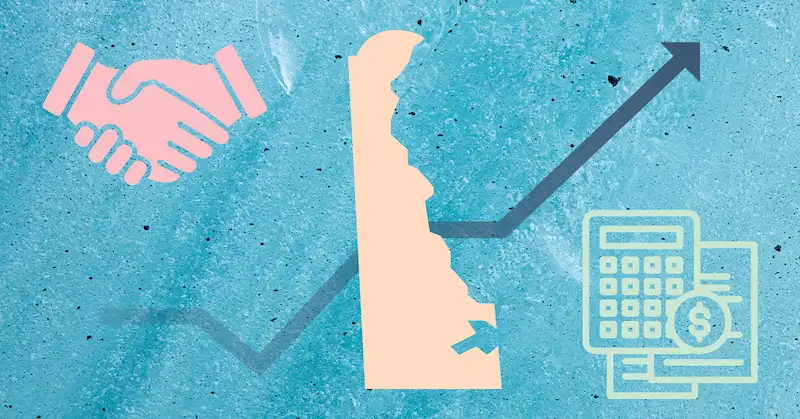
The hottest trend in finance? ‘Blank check companies’
SPACs (AKA ‘blank check companies’) are storming public markets
Published:
Updated:
Related Articles
-

-
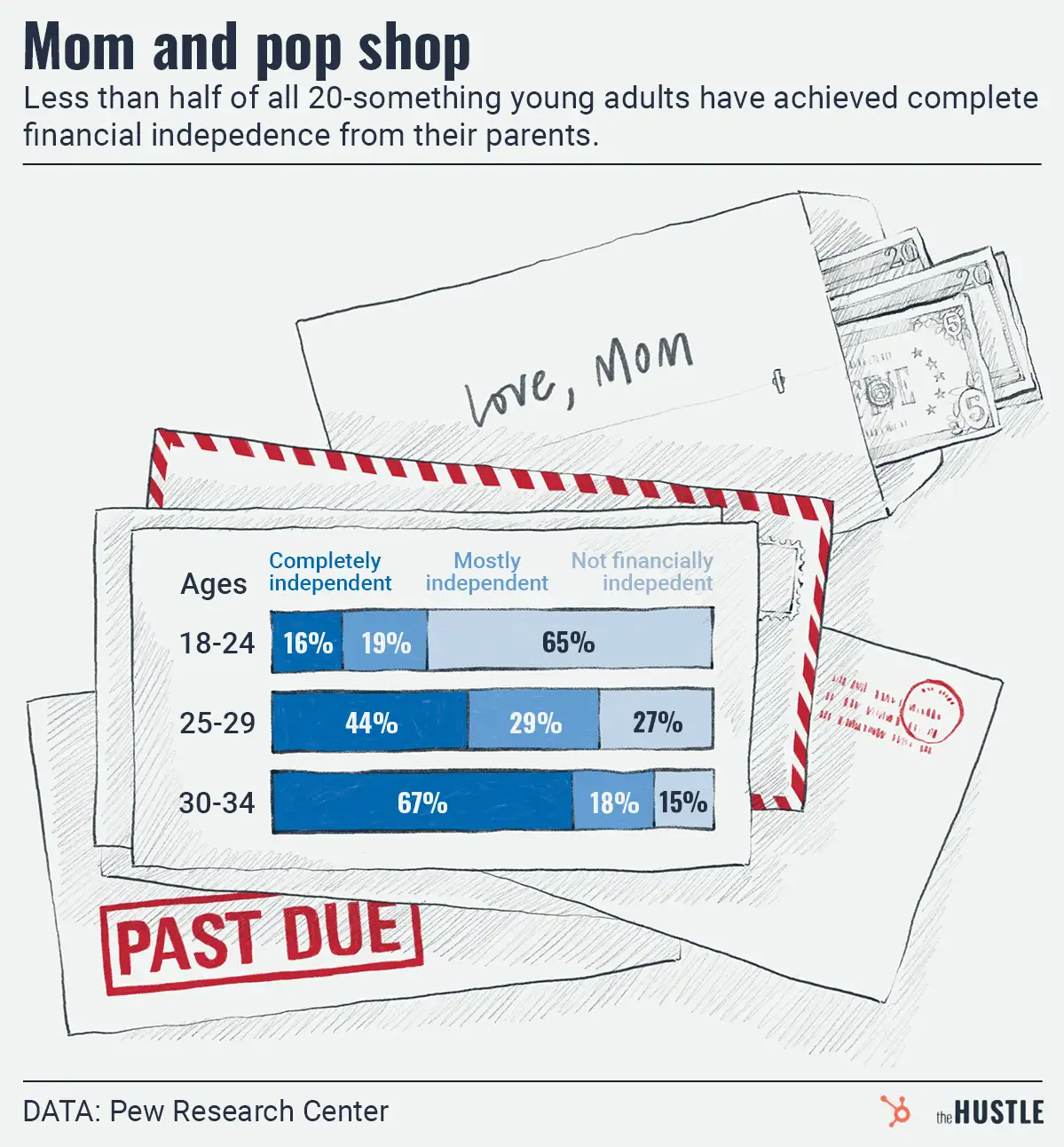
A bunch of young Americans are living on their parents’ tab
-
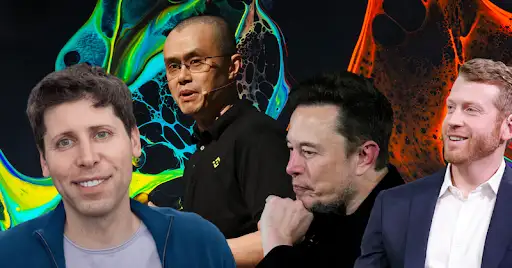
Please chill this long weekend, CEOs
-

Need help brushing up on the new dictionary?
-

Brrring back the deals: Will the IPO and M&A markets warm up again?
-
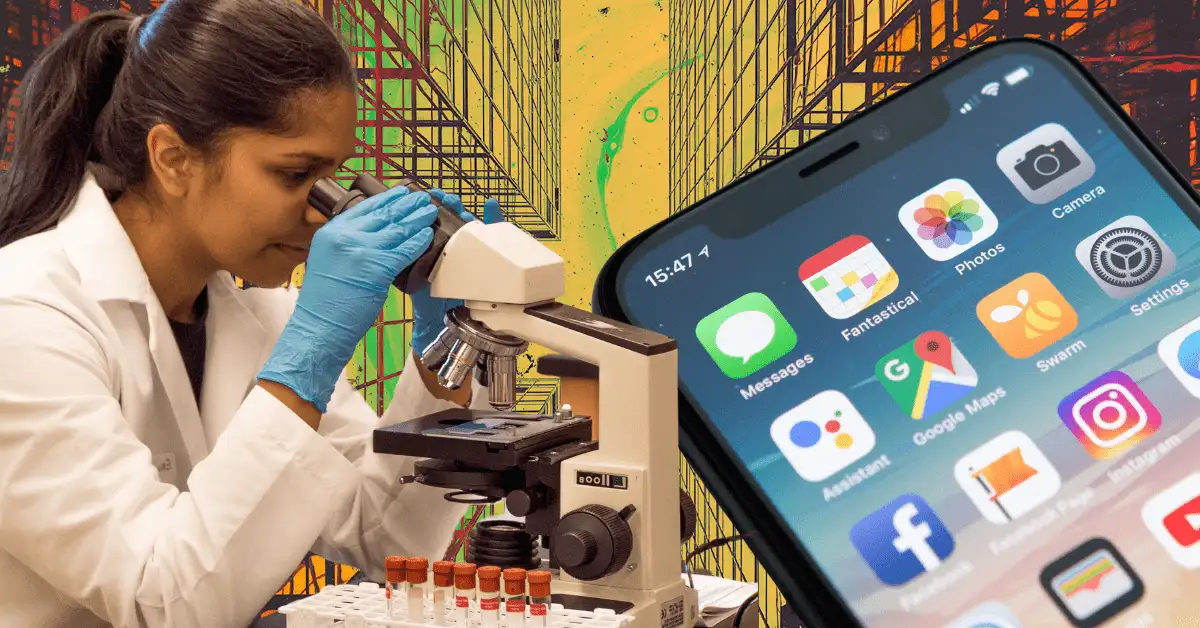
Where business is headed in 2023: Highlights from 3 reports
-

How a soda reseller built a multimillion-dollar empire
-
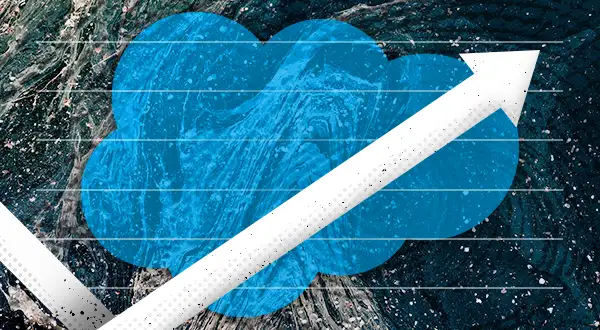
The Dow index got a makeover. What does it mean?
-
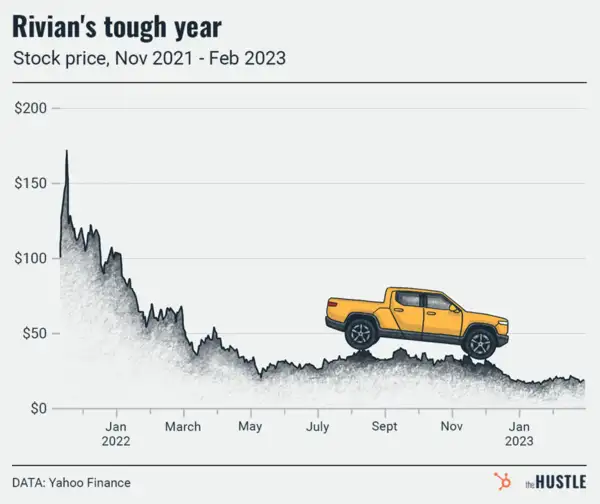
What’s up with Rivian?
-
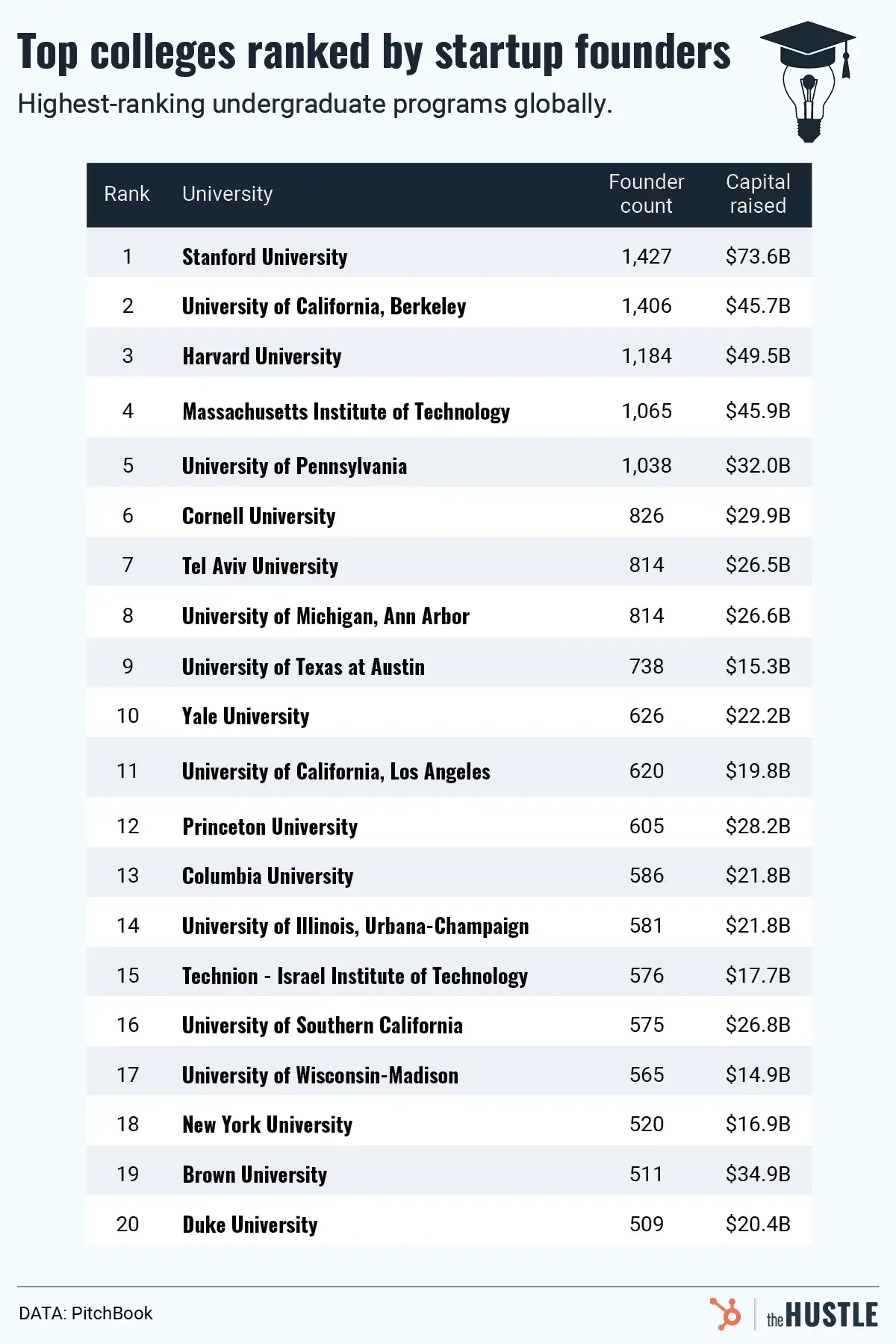
Which schools pump out the most founders?

